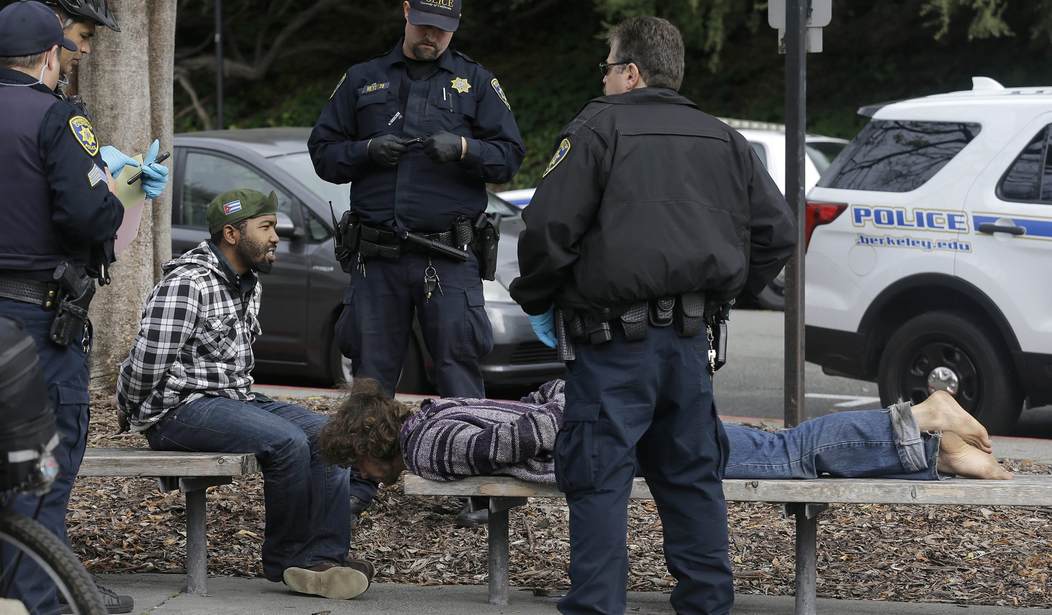At some point in the past few decades, the dominant theory behind American policing became that the cops should be drawn from the same ranks as the ethnic groups that made up most of the violent criminals. What started by happenstance, when the Irish were disproportionately represented on both sides of the equation, became codified by the 1970s as police departments around the country hired more black and Hispanic officers in order to “represent” the force to the tough neighborhoods they were patrolling.
The flaw in this notion, however, was almost immediately apparent, as the Martin Scorsese movie, The Departed, so vividly illustrates. It’s easy to get (allegedly) infiltrated:
Jiyayi Suleyman became Nashville’s first Kurdish police officer in 2012. It was a source of pride for both the community and the department. “He was the first Kurdish cop, so he made all of us proud,” said Hamid Hasan, the owner of House of Kabab in Nashville.
Now Suleyman is out of a job and in trouble. He’s the subject of a criminal investigation. According to an investigative file obtained by News4, Suleyman was a member of the Kurdish Pride Gang, a group known for selling illegal guns and drugs. Police said he lied on his application about who he was and who he hung out with. Once on the inside, he used the TBI’s computer program to look up fellow gang members which is against the rules.
“I am very surprised, honestly to god, I am so mad too because this is not good for nothing,” said Hasan when asked by News 4. Investigators said they caught Suleyman associating with other gang members at House of Kabab. Even after police arrested those gang members for selling drugs and guns they said Suleyman continued to associate with them.
By the way, what does “pride” have to do with anything?
A search warrant revealed pictures of Suleyman flashing gang signs and wearing gang colors before he ever joined the force.
Hasan is adamant no gang activity ever happened at his establishment. “It’s bad because he did so much for this community, not for the Kurdish community, the whole community,” said Hasan. Meanwhile many others in the Kurdish community, who were once so proud, tell News 4, they’re now disappointed.
Suleyman resigned from the police department in March. News 4 has not been able to reach him.
Before the investigation, Suleyman was the subject of a story at PRI that was just bursting with pride:
I spent the day with him on patrol, and we began by talking about why he joined the force. He says it goes back to 2006. As the Kurdish community grew in Nashville, a group emerged called the Kurdish Pride Gang. It was mostly made up of teenagers whose parents were war refugees.
The group committed a series of well-publicized crimes. But Suleyman noticed that when the gang brought trouble to his neighborhood, nobody called the police. “I took this job to bridge the gap between not only the Kurdish community but the Muslim community with the police department,” Suleyman says. “I wanted to be that one guy that makes a difference.”
Mission accomplished.









Join the conversation as a VIP Member